It doesn't appear to be used to refer to a particular type of beer, but is used more to conjure up a nostalgic Olde England feeling. In particular, the term is used frequently when it's a master and tenant type of celebration. Like the coming of age of an heir:
"FESTIVITIES AT LYME HALL, CHESHIRE.
Friday the 3d inst the Heir of Lyme, Thomas Legh, Esq attained his 21st year. — This joyful event was announced to the Tenantry and Neighbourhood at sunrise, by the firing of two signal guns, from a Battery of 21 guns mounted in the Park — flags were hoisted on the Cage, centre of the North front of the house, and on the Lodge, and the Bells of the Churches at Macclesfield, Prestbury, Taxall and Disley, commenced rinsing at 5 o'clock in the morning, and continued at intervals the whole of the day.
At 12 o'clock a Salute of Twenty-one Guns was fired — and the same hour an excellent Band of Music entered the Court, playing "God save the King" and carrying an Orange Flag, on which was painted, in large Characters — God save the King — Success to the Heir of Lyme — Orange Boven ! !
On one side of the Court, a fine Portrait of the Prince Regent was suspended, and opposite to it, that of Lord Wellington, mounted.
At half past three o'clock, 300 Friends and Tenantry, sat down to a sumptuous dinner in a Gallery 124 feet in length, which as well as the stair case, was brilliantly illuminated and decorated with appropriate devices and the Family Pictures.
At six o'clock in the evening, another salute was fired, and large Bonfires made at the Cage, and on the Hill, accompanied by a splendid display of Fire Works. The populace were regaled with plenty of good nut-brown Ale.
Bonfires were also made at Disley and Bullock Smithy, and the populace treated in a similar manner as at the Park.
On Saturday morning, a Portion of Beef and Potatoes, according to the number of each Family, was given to the poor of the neighbouring townships ; the same number of tenants were also entertained at dinner, the cannon fired, and the same order observed in other respects, as on the day preceding."
Lancaster Gazette - Saturday 11 December 1813, page 4.
Here's another very similar event from later in the century:
"MAJORITY OF VISCOUNT CLIVE.
On Wednesday the rejoicings to celebrate the coming of age of Viscount Clive commenced at Ludlow, Welshpool, Powis Castle, Bishop's Castle, Newtown, and other places in Shropshire and Montgomeryshire. At Ludlow, an ox and several sheep were roasted and distributed to the poor, whose wives and daughters were likewise treated with tea, &c. Large parties of gentlemen also dined together at the different inns. Upwards of £200. was subscribed by the richer inhabitants to meet the expences.
A grand display of fireworks took place in the evening. The ball on the 12th is expected to be a splendid affair. Deputations from Welsh Pool, Montgomery, Churbury, &c, waited upon the Earl of Powis and Lord Clive, at the castle, to present addresses of congratulation. Shortly after one the poor of the neighbourhood, upwards of 4,000 in number, were liberally entertained with old English fare, under an extensive and splendid marquee in the park. There was an abundant supply of "nut brown ale" — some famous stuff, which many of the partakers declared was far preferable to champagne. At eight o'clock there was a brilliant display of fireworks."
Staffordshire Advertiser - Saturday 09 November 1839, page 3.
Harvest celebrations were another occasion where "nut brown ale" was used to describe the beer served:
"HARVEST HOME AT NORTH WEALD HALL.
North Weald Hall was the scene festivity on Monday night, when Mr. and Mrs. Thomas Bosley entertained their employés and several friends at the annual harvest home. Hospitality knew no limit, the genial host and hostess exerting themselves for the comfort of all comers. The carpenter's shop was transformed into a dining-room, the walls being adorned with evergreens and trophies from the harvest fields, and the tables creaking under the weight of good fare and nut-brown ale. Among these present were the Vicar of North Weald (the Rev. R. S. Dewing), Mr. and Miss Atkins, Mr. and Mrs. Billyeald. Messrs. Geo. Brown, Walter Law, Hugh Hart, Wm. Law, C. Hart, A. H. Gall, and A. D. Clayden. On the removal the cloth, Miss Atkins led off with a brilliant pianoforte solo, following later with several excellent songs, and proving an invaluable accompanist. The Chairman (Mr. Billyeald) kept the ball rolling, and himself delighted the company with recitals, notably "The Fireman's Wedding" and " The Charge the Light Brigade." Mr. C. Hart scored immensely with "Dr. Quack," and the several songs of Mr. Law were well received. The other contributors were Mr. and Mrs. Bosley, Messrs. Glasscock, Hugh Hart, Horsnell, Gall, Joyce, Payne, Pickett, Clayden, &c. - In proposing Mr. Bosley's health, the Vicar said he was glad to find the good old custom had not died out. [Hear, hear.] They were greatly indebted to both Mr. and Mrs. Bosley, and he submitted their good health. The toast was received with three times three and musical honours. — Mr. Bosley made a most genial reply, remarking upon the good feeling existing on the farm. He liked to see the labourer and master hard in hand — [cheers] — the men working with the master and the master with the men. [Applause.] He regretted the bad state of farming, but they hoped for better things. Applause. He was very pleased to see them all, and for their kind expressions he thanked them for both his wife and himself. [Applause]"
Chelmsford Chronicle - Friday 26 October 1894, page 6.
Christmas was another occasion when the phrase was used:
"Supper.—On Friday evening, January 3rd, the carol-singers had their supper in Mr. Fisher's kitchen, kindly lent for the occasion. A party of nineteen sat down to the good old fare of roast-beef and plum-pudding, with a glass of Warwick's nut-brown ale to warm the inner man. After full justice had been done to the excellent spread, the evening was spent in games. Messrs. T. and J. T. Jackson entertained the company with music and songs; and a most enjoyable gathering terminated at eleven o'clock. The carol-singers wish to thank Mr. and Mrs. Fisher for their kindness and hospitality, also the ladies who kindly assisted in cooking the supper."
Grantham Journal - Saturday 11 January 1896, page 3.
I've saved this one until last because it actually mentions the name of the brewery supplying the beer: Warwick's. Which immediately got my attention, it being a Newark brewery. Good news, because I've several price lists from them. I can check to see if they had a beer called Nut Brown Ale.
| Brewery | Place | year | beer | price per barrel | price (per gallon) | price (per doz) pint |
| R. Warwick & Sons | Newark | 1885 | X Mild Ale | 36 | 1s | |
| R. Warwick & Sons | Newark | 1885 | XX Ale | 42 | 1s 2d | |
| R. Warwick & Sons | Newark | 1885 | XXX Ale | 48 | 1s 4d | |
| R. Warwick & Sons | Newark | 1885 | XXXX Ale | 54 | 1s 6d | |
| R. Warwick & Sons | Newark | 1885 | Pale Ale | 42 | 1s 2d | |
| R. Warwick & Sons | Newark | 1885 | Pale Ale | 54 | 1s 6d | |
| R. Warwick & Sons | Newark | 1885 | Stout | 42 | 1s 2d | |
| R. Warwick & Sons | Newark | 1885 | Stout | 48 | 1s 4d | |
| R. Warwick & Sons | Newark | 1885 | Mild Ale | 1s 10d | ||
| R. Warwick & Sons | Newark | 1885 | Pale Ale | 2s | ||
| R. Warwick & Sons | Newark | 1885 | Stout | 1s 10d |
Apologies for not giving a source for that. I collected it several years ago when I wasn't as strict about keeping track of that sort of thing. I'm fairly sure it was from "Newark: The Bounty of Beer" by Brenda M. Pask.
No sign of anything called Nut Brown Ale there.
Nor in this slightly later advert:
I'm pretty sure Warwicks didn't really have a beer called Nut Brown Ale. My guess is that the beer served at the supper was one of the stronger Mild Ales or the XXXX Strong Ale.




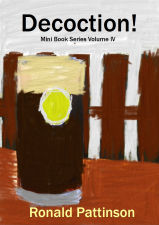

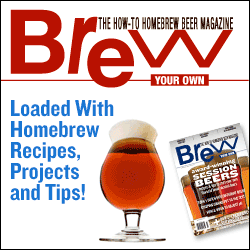

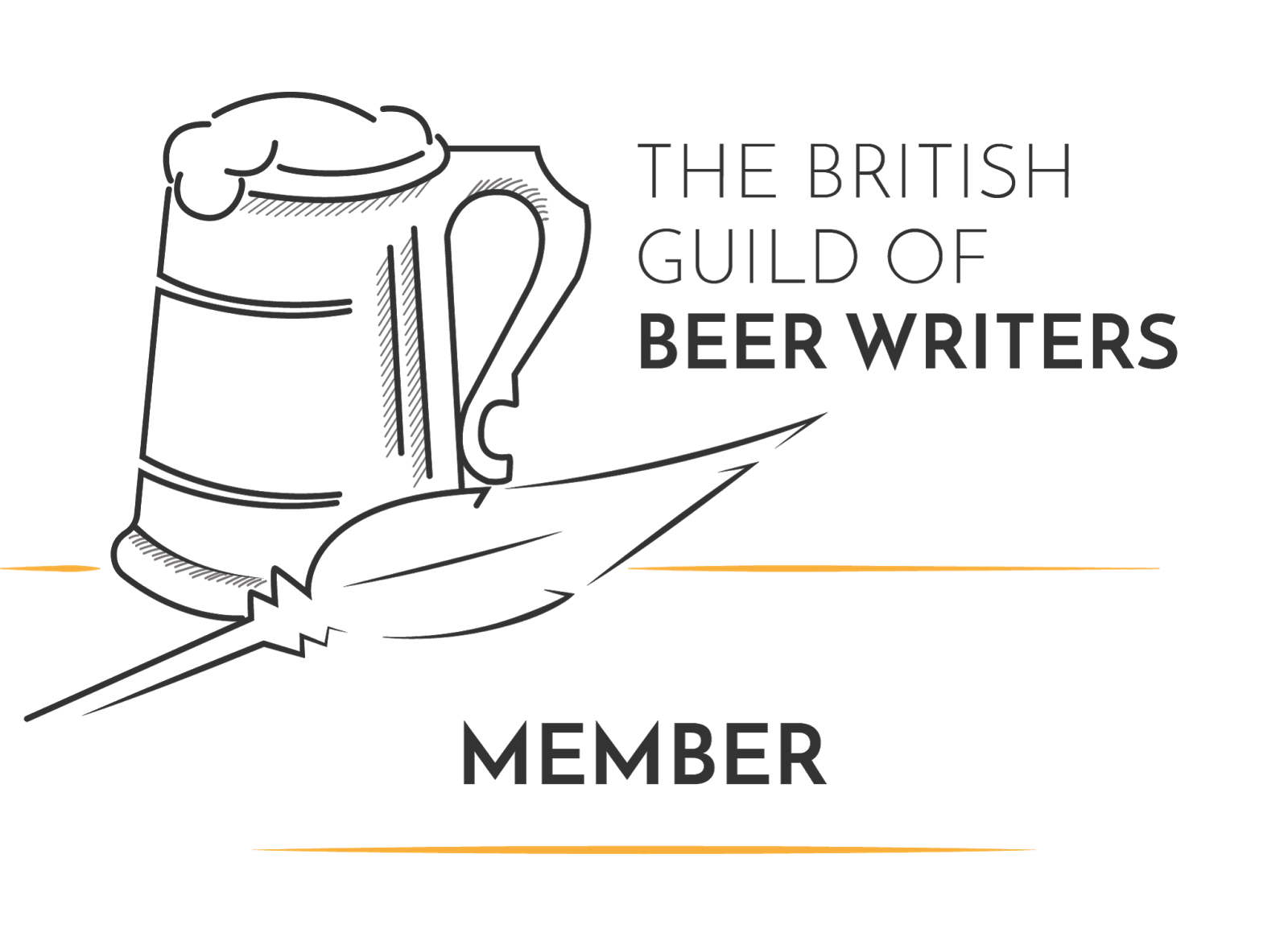









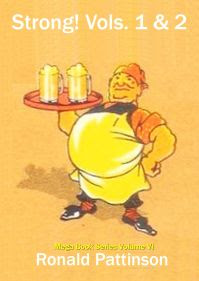


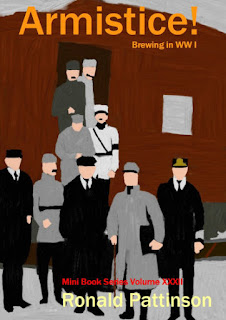
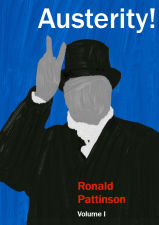

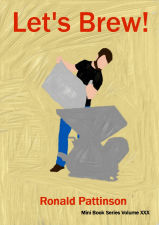
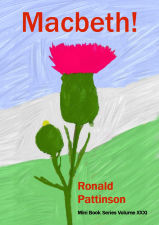
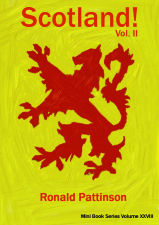
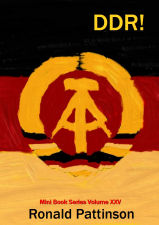


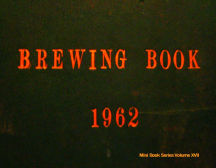
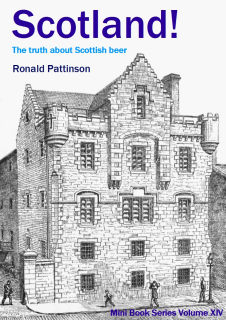
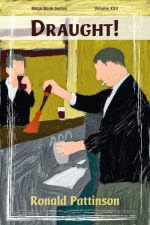

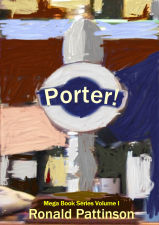

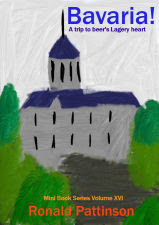

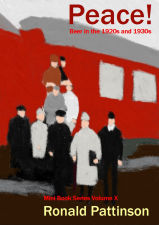

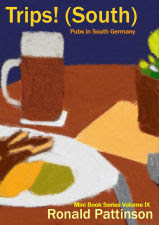
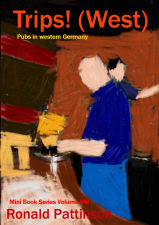
































1 comment:
What other words are like this? "Honey coloured ramparts at your ear" says Yeats. But there are many hues of honey. We are sufficiently distant from country life that grades of brown and high quality brown seems strange. Nut brown must have conveyed a meaning even if it was not a "style" - but seeing as style was invented in the 1970s that's a anachronism. It may not been a brand but does the 1800s drinker align his personal preferences as neatly with brand as we have been trained? What if nut brown is the neighbour of a word like auburn that conveys a certain prized quality but it is a quality that has been lost to our appreciation of beer?
Post a Comment